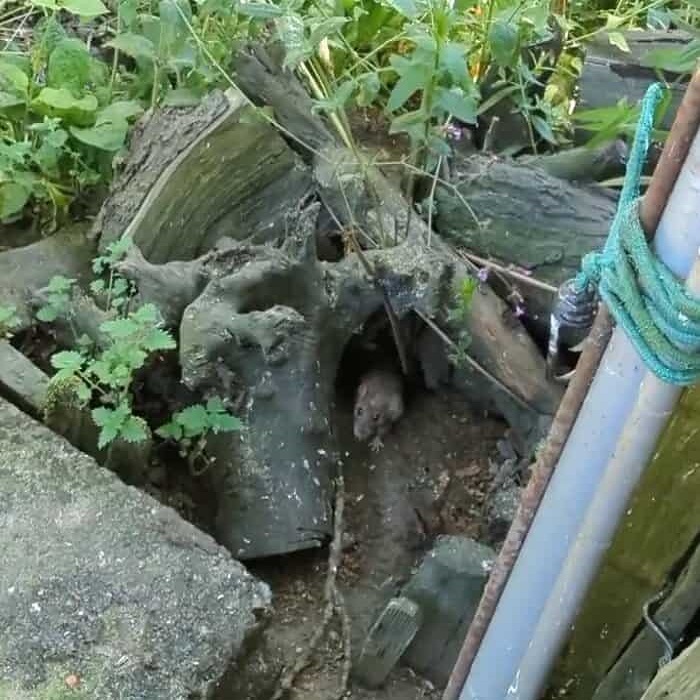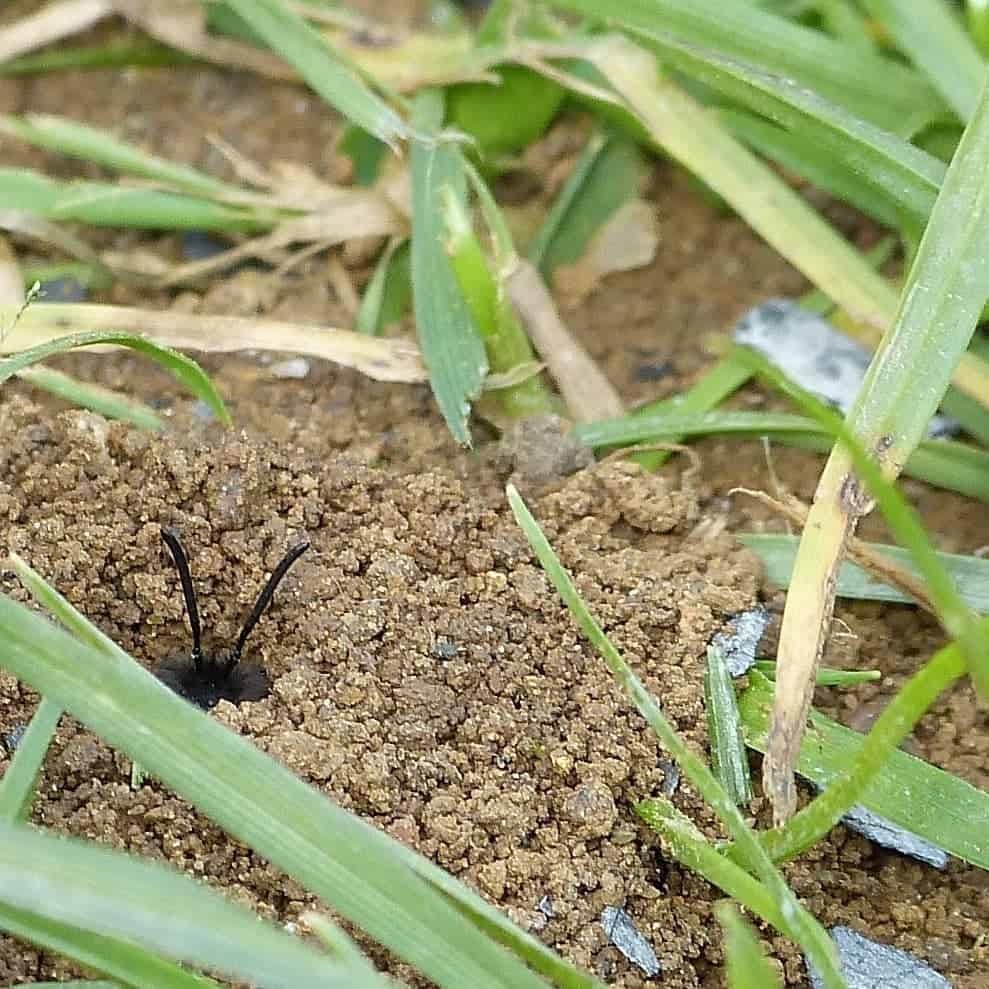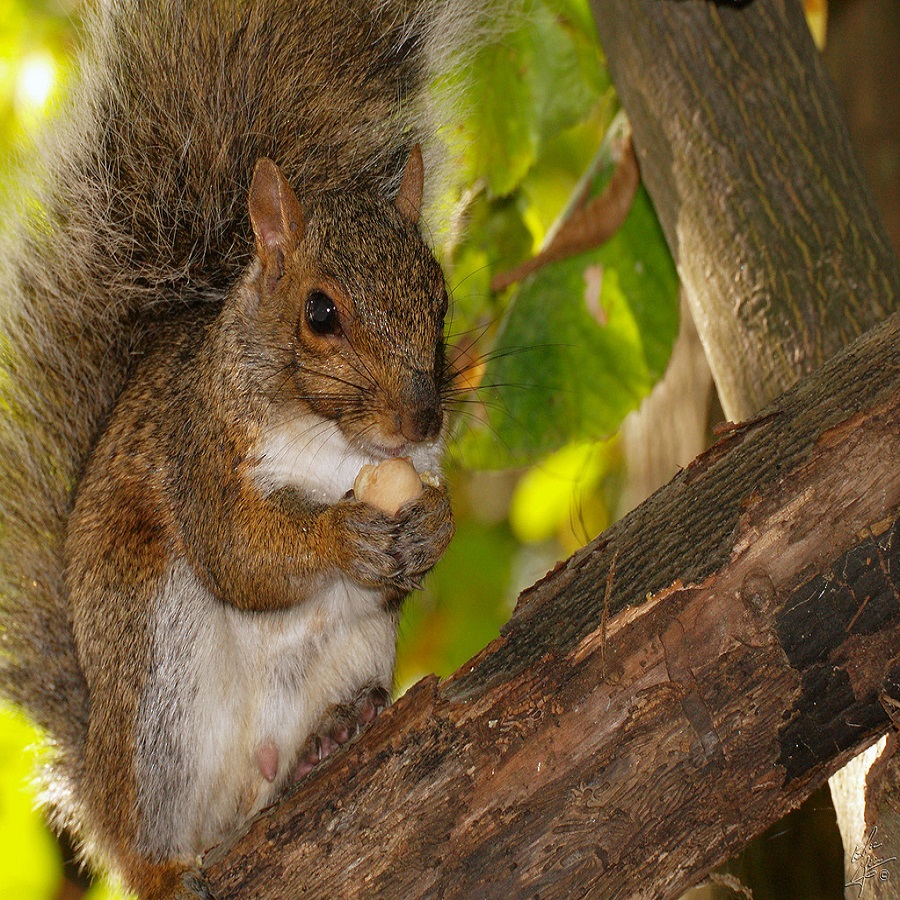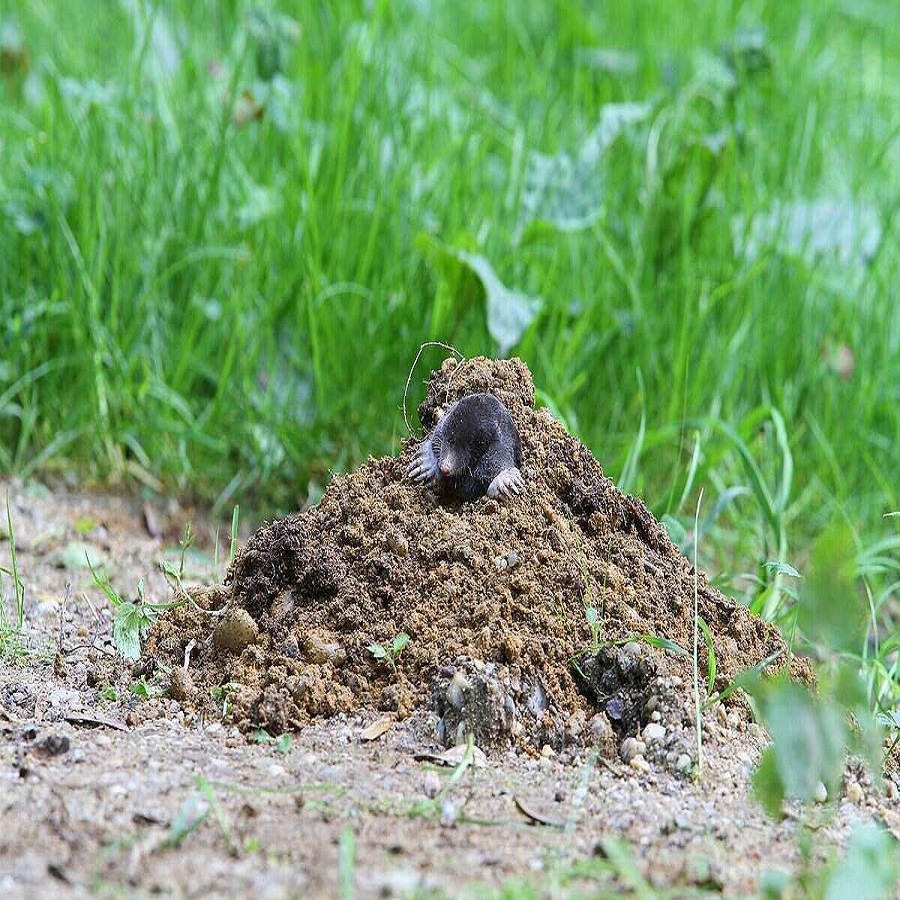Introduction to Common Nighttime Flower Pot Diggers
Identifying the culprits behind nocturnal disturbances in your garden is crucial for implementing effective deterrent strategies. Many homeowners discover that their flower pots become the targeted spots for various animals who dig through them during the night. Common offenders include cats who mistake pots for litter areas, squirrels looking to store food, and chipmunks seeking out bulbs. Each of these animals has unique behaviors and motives, which makes understanding them essential for applying the correct preventive measures to protect your plants.
In the sections that follow, we will explore both natural repellents and physical barriers, which can be strategically implemented to ward off these nightly visitors without harming them. Our goal is to ensure that your flower pots remain intact and your plants can thrive without interference from local wildlife. By making your gardening space less inviting to these diggers, you can maintain the beauty and health of your plants.

Natural Repellents to Discourage Pests
Using natural repellents is a gentle way to keep animals away from your flower pots at night. These methods are safe for the environment and your plants, and they can effectively deter critters without causing them harm.
Spicy Deterrents: Cayenne Pepper and Pepper Flakes
One of the simplest solutions is to use spicy deterrents like cayenne pepper or pepper flakes. Sprinkle these spices on the soil surface. Animals dislike the strong scent and will likely avoid the area. Remember, after rain or irrigation, you should reapply the spices to maintain their effectiveness.
Essential Oils as Animal Repellents
Another natural option is to use essential oils. Oils such as eucalyptus give off a potent smell that animals find unpleasant. You can apply a few drops directly to the soil or dilute them in water and spray over the flower pots. Reapplication is necessary every so often, especially after exposure to water.
Physical Barriers to Protect Flower Pots
Protecting your flower pots from nighttime invaders can also be achieved through physical barriers. These methods create a physical impediment that discourages or prevents pests from accessing your plants. Let’s explore some effective options:
Using Rocks and Gravel
Placing rocks or gravel on top of the soil can deter animals. It makes digging unattractive and difficult for them. Choose smooth river pebbles or sharp-edged gravel depending on what you have available.
Mulching Techniques to Deter Diggers
A thick layer of mulch not only retains soil moisture but also acts as a barrier. It can discourage pests due to the effort required to move it aside.
The Effectiveness of Chicken Wire
Laying chicken wire over the soil surface can prevent pests from reaching the plants. Ensure the edges are secure to stop clever critters from finding a way under.
Creative Use of Toothpicks
Sticking toothpicks in the soil around plants can prevent pests from stepping comfortably on the surface. It’s a simple yet inventive way to keep your flower pots safe.

Strategies for Keeping Cats Out of Flower Pots
Cats can be quite persistent when it comes to using your flower pots as their personal litter boxes. There are, however, some strategies that can discourage them from this behavior. Many of the natural repellents discussed earlier can serve this purpose, but let’s focus on some specific tactics that are particularly effective against cats.
Ground Cayenne Pepper and Spray Bottles
Ground cayenne pepper has been noted as a powerful deterrent for keeping cats away. Sprinkle an ample amount of the spicy powder onto the soil of your flower pots. Cats dislike the smell of it and will generally steer clear after detecting it.
Another recommended method involves using a spray bottle. Fill it with water and, if you spot a cat approaching the pots, a quick spray can discourage them. Some gardeners have even mixed water with a mild natural irritant, like diluted vinegar or lemon juice, to increase the effectiveness. Remember to spray only when you catch the cat in the act, as the timing of the deterrent is crucial for it to learn.
Both the ground cayenne pepper and the spray bottle method require consistency for long-term success. Regular application of cayenne pepper is needed, particularly after watering or rainfall. As for the spray bottle, it works best as an immediate response to the unwanted behavior.
By incorporating these approaches, along with the other natural and physical barriers previously outlined, you can create a multi-layered defense system against feline intruders. With a little patience and persistence, your flower pots will remain beautiful and undisturbed.
Preventing Squirrel Disturbances
Squirrels are known for burying nuts and can disturb flower pots in the process. It’s essential to take measures that will especially target these agile creatures. Understanding the squirrel’s need to dig and store food helps in devising deterrents. Two effective strategies include addressing their burying behavior and using predator urine as a deterrent.
Addressing the Squirrel’s Burying Behavior
To combat the natural behavior of squirrels, creating a physical barrier proves to be fruitful. As squirrels tend to bury food, making the soil surface inaccessible can discourage their digging. Placing heavy rocks or stones on top of the soil in your flower pots can act as a simple yet strong deterrent. Refrain from providing them with fluffy mulch, which is easier for them to move aside. Additionally, keep the pots tidy without excess debris or fallen leaves, as these can attract squirrels to dig.
Similar to cats, using spicy powders such as cayenne pepper or red pepper flakes can repel these industrious diggers. However, remember that these need frequent reapplication, especially after watering or rain, to remain effective.
Using Predator Urine as a Deterrent
An unconventional but effective method is to use predator urine. This can create a scent barrier that scares away squirrels. Spray or place predator urine around your flower pots. It tricks squirrels into thinking there’s danger nearby, which can be significant in deterring them. Be aware, though, this method may need to be part of a larger strategy, as the effect might decrease over time or with weather conditions.
Follow these methods closely, and adjust them as needed for your particular situation. By doing so, you’ll likely see a reduction in squirrel disturbances around your flower pots.

Chipmunk Control Methods
Chipmunks can wreak havoc in flower pots by digging for food or simply exploring. While some of the strategies used to deter cats and squirrels can also apply to chipmunks, specific methods can specifically target these small, agile creatures.
Eliminating Hiding Spots
Creating an open space around your flower pots is essential. Chipmunks are less likely to approach an area if there is nowhere for them to hide. Space pots away from structures or dense plantings. This openness exposes chipmunks to potential predators, making them think twice before digging.
Creating Unfriendly Surfaces
To further discourage chipmunks, make the soil surface in your flower pots unappealing for digging. Similar to cats and squirrels, chipmunks dislike certain textures and smells. Here are a few methods:
- Scatter sharp pebbles or gravel over the soil to make it difficult to dig.
- Place a layer of chicken wire just below the soil surface to block access while allowing plants to grow.
- Sprinkle cayenne pepper or red pepper flakes liberally across the soil.
These surfaces prevent the comfortable digging that chipmunks enjoy. Ensure you replenish deterrents like spices after rainfall to maintain their effectiveness. With these control methods, your flower pots should stay chipmunk-free.
Alternative Solutions and Community Advice
In addition to the natural repellents and physical barriers covered, there are other clever tactics to prevent animals from digging in flower pots overnight. Community members and garden enthusiasts often share their own effective strategies.
Soap Gratings and Wire Mesh
One method that has gained attention involves using soap gratings. Gardeners spread grated soap across the soil surface. This creates an unpleasant environment for pests. The smell and taste of soap deter them from digging. Another solution is to use wire mesh. Place it on top of the soil, contouring it to the pot’s shape. Small plants can grow through the mesh, but animals cannot dig through it. It serves as a strong physical barrier against persistent diggers.
Providing Alternative Food Sources
Offering alternative food sources can also be a proactive approach. By placing food like nuts or seeds away from flower pots, animals might divert their attention. This trick keeps them busy elsewhere, safeguarding your plants. It’s important to place these alternatives at a good distance to avoid drawing pests too close to the area you wish to protect.
These community-driven ideas complement the previously discussed measures. By combining strategies, you bolster your chances of maintaining pristine flower pots. Be sure to adapt and try different methods to find what works best in your specific situation.
